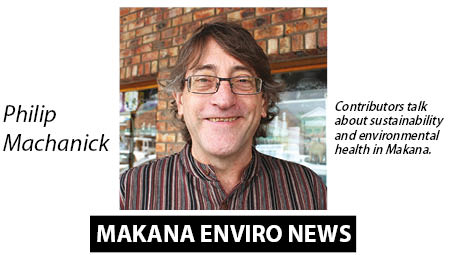Who is Greta Thunburg? Pretty much everyone knows.
From being a lone child bunking school to protest against climate inaction outside the Swedish parliament, she has become a household name, the face of a worldwide school strike movement. She has addressed the British parliament with more decorum than that once-august institution’s members. She has addressed the UN with a rare show of anger.
President Trump attempted to insult her and came off second best.
She has become an incredible phenomenon – a 16-year-old with the poise and self-confidence to lead an international movement without having it go to her head. This is remarkable and inspiring – yet at the same time deeply shameful.
Why should children have to fight for their future against short-term greed? Did we not learn in this country in 1976 that leaving it to children to fight injustice is a terrible failure of leadership?
Let us be clear: this is a terrible failure of leadership.
Climate science, like any science of complex natural phenomena, has a lot of uncertainty. But that uncertainty does not prevent action – particularly as much of the uncertainty is around the possibility that things may be worse than predicted. Take for example the prediction that doubling atmospheric carbon dioxide should cause a temperature increase of around 3°C.
That is not an exact prediction; it could be lower but it also could be higher. This prediction cannot be totally accurate as it depends on a number of factors over and above the direct effect of increasing the amount of one greenhouse gas. For example, as temperatures increase, the area of ice decreases. Ice reflects a large fraction of incoming solar energy back to space whereas darker land or water absorbs more so losing ice increases warming.
If we look at predictions since the early models, temperature change has been within the range of uncertainty of the models. However some things have moved a lot faster, such as ocean warming and reduction of Arctic sea ice.
A critical thing not much talked about is that the geological record shows that shifts from cooler to warmer climates go a lot faster than going the other way. Part of the shift to a warmer climate is loss of long-term ice and that does not rebuild fast.
A radical reduction in greenhouse gas emissions is harder the longer you leave it. Had we moved slowly but deliberately on this issue over the last 20 years, the problem would not be so serious today. We have some of the pieces in place for a solution, but a lot more needs to be done. Cities that are designed for public transport and cycling are easier to fix; South African urban architecture is terrible from that point of view. Public transport is much easier to electrify than private cars; once transport is electrified, the power grid can be cleaned up.
A lot of work is going into cleaner energy. Solar electricity is dropping in price rapidly as is wind power. Two major missing pieces are alternatives to jet fuel and grid-scale storage so intermittent power sources like wind and solar can provide continuous power. A lot of work is going into batteries.
Much more can be said about climate science and clean energy. The point is that time is past for talk. We know what we have to do. Some of it is going to be very hard but it will be even harder if we wait too long. In fact, even if there was no greenhouse gas issue, running out of fossil fuels would happen a lot sooner than most think. We are commonly told that there is enough in the ground to last 200 years at current rate of use. If you correct for growth in demand, 200 years reduces to 70 years.
Where next?
Stop leaving it to the children. They are entitled to a safe and sustainable future. We can all make an effort. In our daily lives, we can adapt to energy efficiency. We can minimise car use, avoid air travel when we can, switch to low-energy appliances and be prepared to use muscle power more. But most of all, we need to put pressure on political leaders to recognize that there is a climate emergency because waiting until there is irreversible damage is too late.
Greta Thunburg was a front-runner for the Nobel Peace Prize. Good for her even if someone else won it this year – but why should it be necessary?


